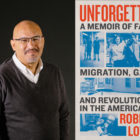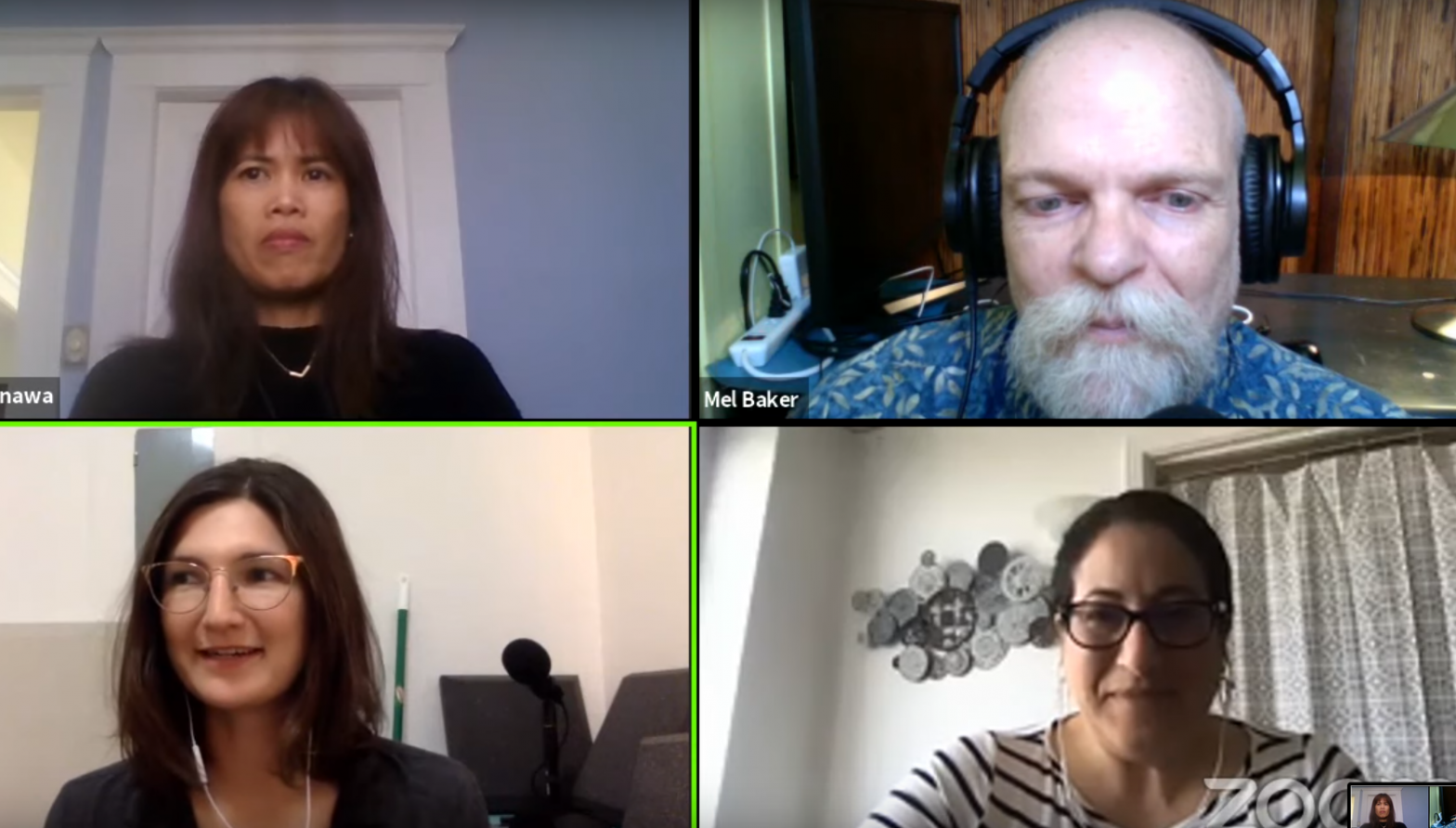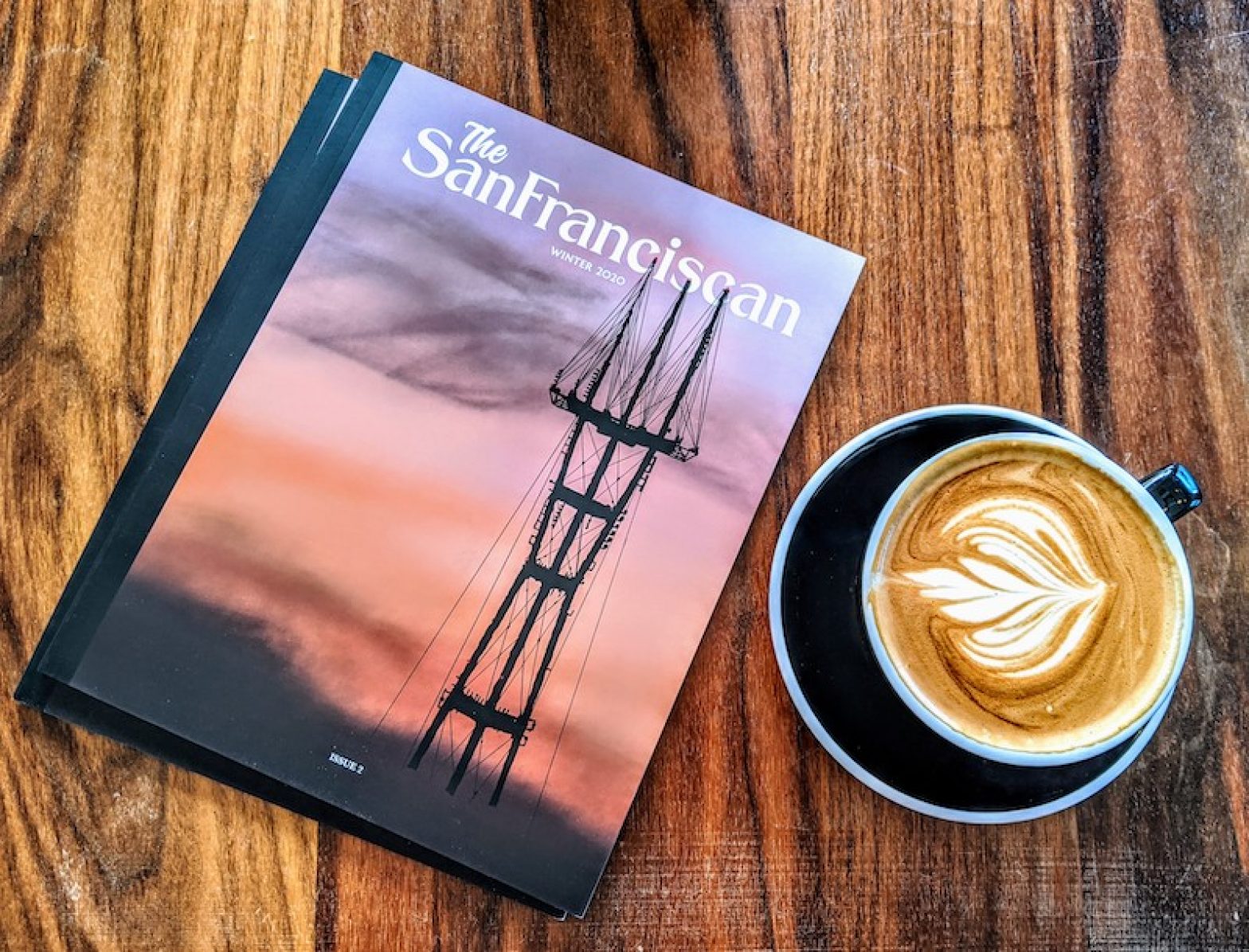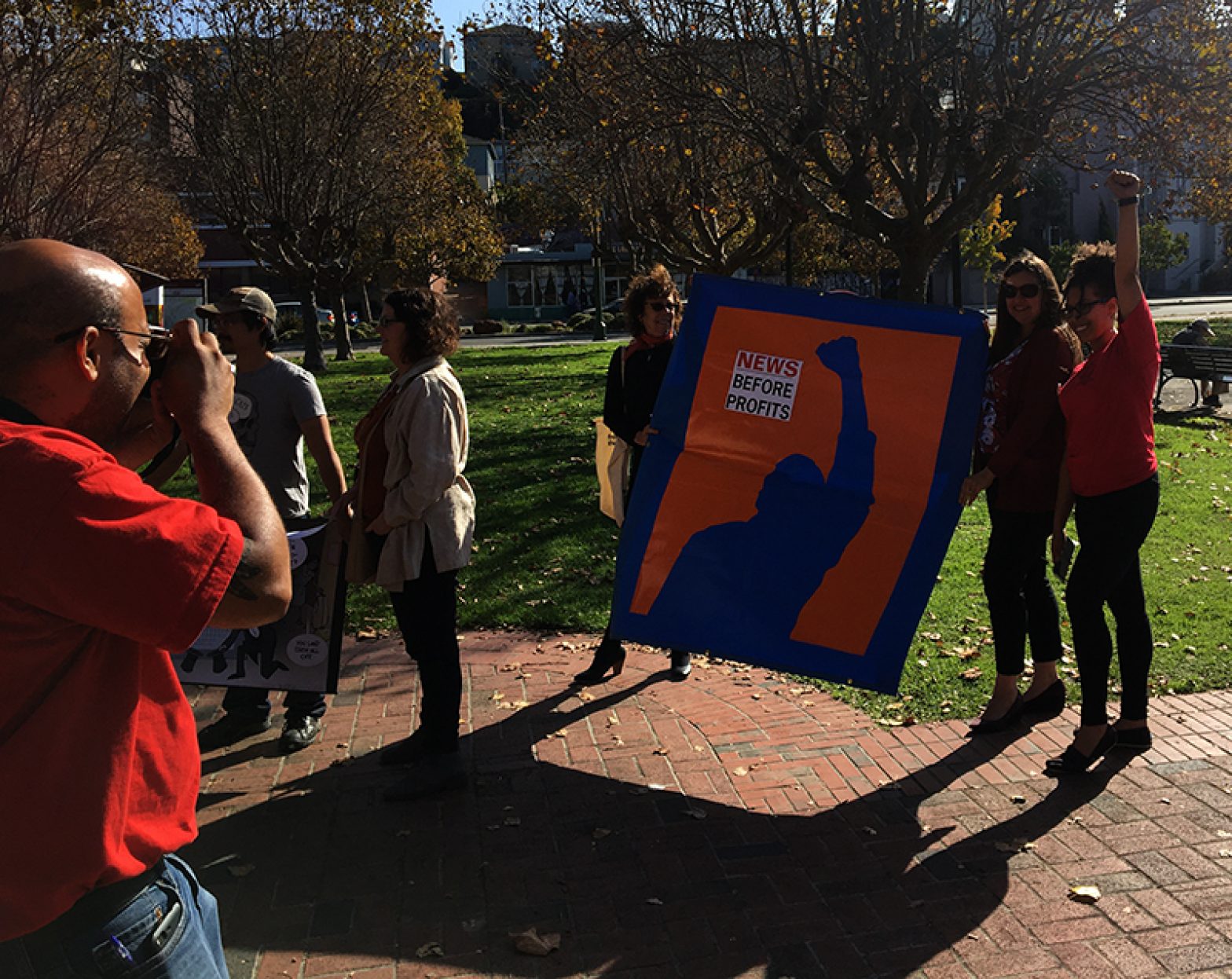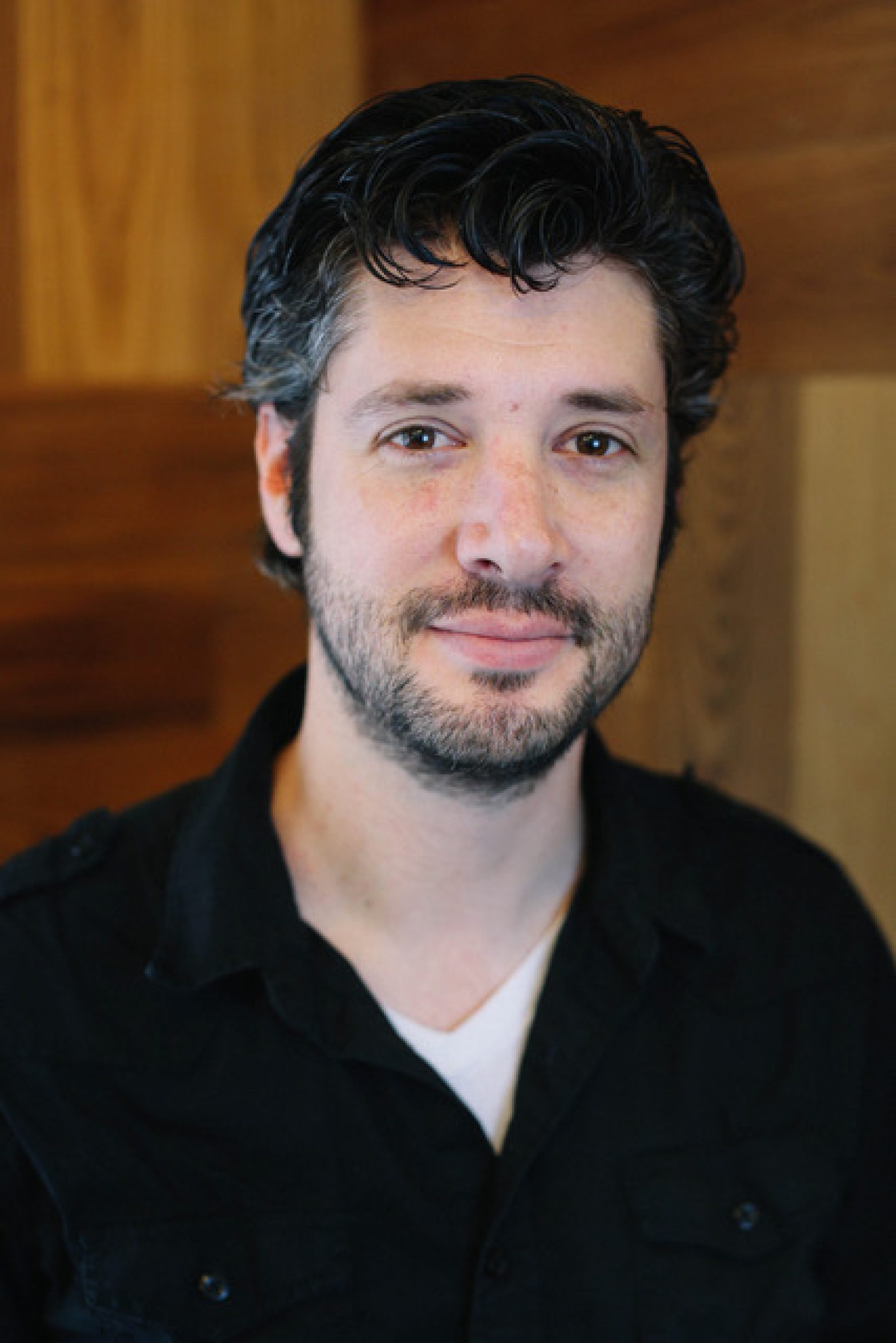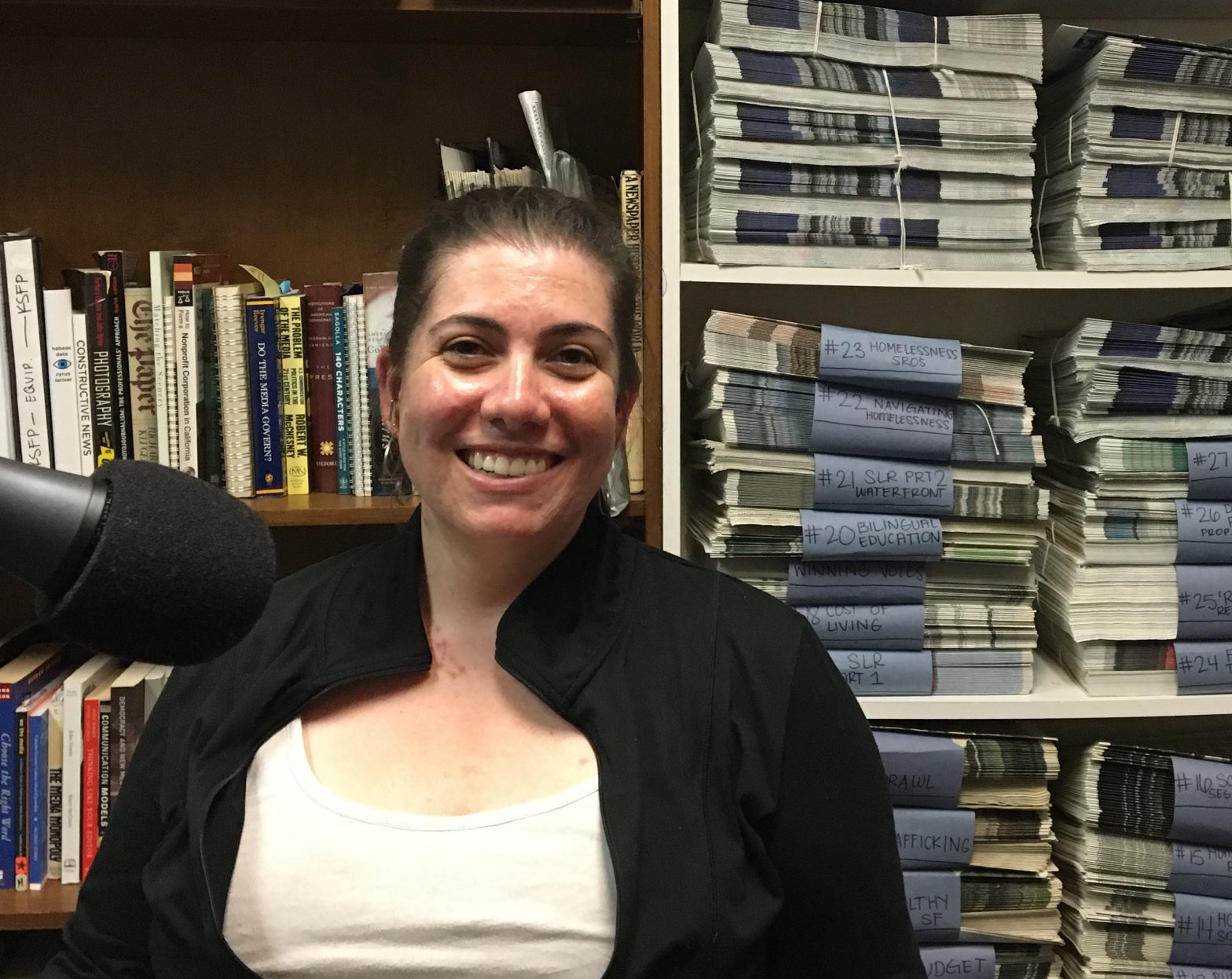“Civic” Podcast
‘Civic’ Marks One Year of In-Depth Community Radio Reporting
One year ago The San Francisco Public Press launched Civic, its flagship radio program and podcast, on our low-power radio station KSFP at 102.5 FM. Since then Civic has delivered in depth election reporting, interviewed community leaders, and explored the homelessness crisis, the housing shortage and inequality.

